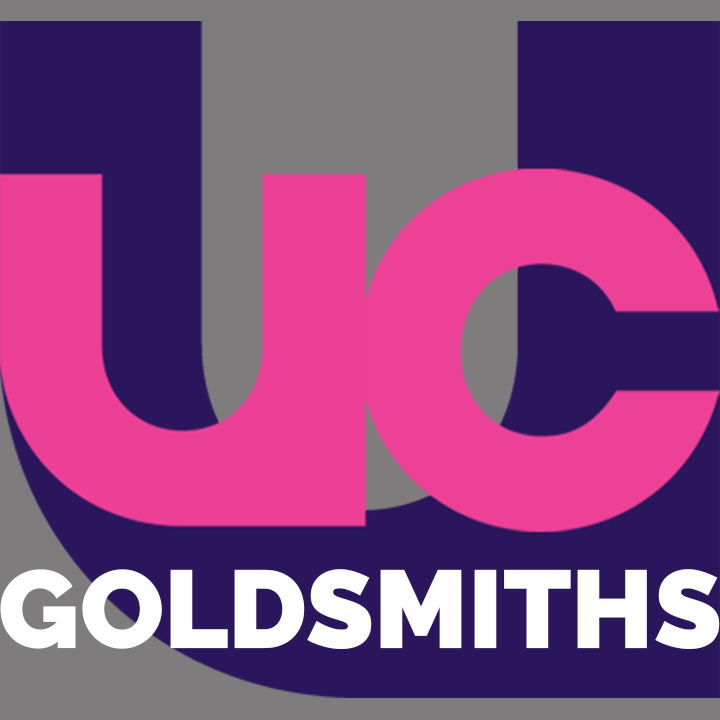This is a very difficult moment for higher education in the UK. While the sector overall continues to generate a £1 billion+ surplus, we are aware that revenue is very unevenly distributed and that Goldsmiths has been hit particularly hard by demographic changes and politically motivated attacks on the kind of teaching and research that we deliver.
We are anxious, however, that the Warden’s Evolving Goldsmiths agenda will neither resolve the College’s financial difficulties nor make best use of the wonderful resources we have.
While we share the leadership team’s belief that Goldsmiths is a ‘unique, incredible institution’ and support its commitment to secure a ‘lasting legacy of progressive social change’, we have a number of specific concerns.
The proposed increase in the size of the senior management team at a time when it is aiming to lower staff costs sends out the wrong message. The SMT restructure will cost hundreds of thousands of pounds when we are already in a situation when student-facing vacancies are not being replaced and where there is an urgent need to tackle the scandal of casualisation at Goldsmiths.
We would be very disturbed if this additional “strategic leadership” at SMT level was at the expense of the valuable leadership skills, both administratively and academically, held at Department level.
We are far from convinced that the further ‘embedding’ of the existing school structure will do anything to improve the financial position or strategic effectiveness of the College.
It is hard to see how a commitment to “create a brilliant student experience” and to “equality and inclusion” can be achieved with staff reduction and a 15% cut in the cost base over the next two years. It is even more difficult to see how an overloaded staff body will contribute to a rise in Goldsmiths’ position in league tables, especially given concerns about existing workload.
We are also far from convinced, based on prior examples, that a voluntary severance scheme, will generate the savings required. Firstly, the scheme will add to short-term costs – the 2015 scheme cost £2.1 million while the 2010 scheme cost £1.3 million. Second, there is no guarantee that sufficient people will want to leave. No details were ever provided in the College’s Annual Accounts about precisely how much the previous VS schemes saved – apart from a single statement that “savings have become to flow” in 2012.
The unions were told in a recent meeting with SMT that significant savings are required because we have had three years of continuous deficits including a projected £10m deficit for this year. We are as anxious as anyone to see the College on a more positive financial footing but we would like to point out that these three successive deficits follow tenyears of continuous surpluses including £20.3 million received in 2016 from Campus Living Villages for the lease on three student residences.
We hope that management’s promise to provide “clear and accessible information” will include financial transparency such as declaring the amount of money spent on senior management salaries, private consultants and third party attendance systems such as SEAtS.
We are not suggesting that the status quo is the only option. We have already argued for major changes to governance structures and a more positive relationship with our geographical community. We believe there is always a need to look again at our offer in the light of cultural and political shifts.
We want to see Goldsmiths in a financially secure position but we are not prepared for members of staff to pay the price for a crisis for which we are not responsible.
Please come to our Goldsmiths UCU branch meeting, tomorrow, Weds 29 January, 1-3pm, RHB 137a, to discuss further.
Goldsmiths UCU
